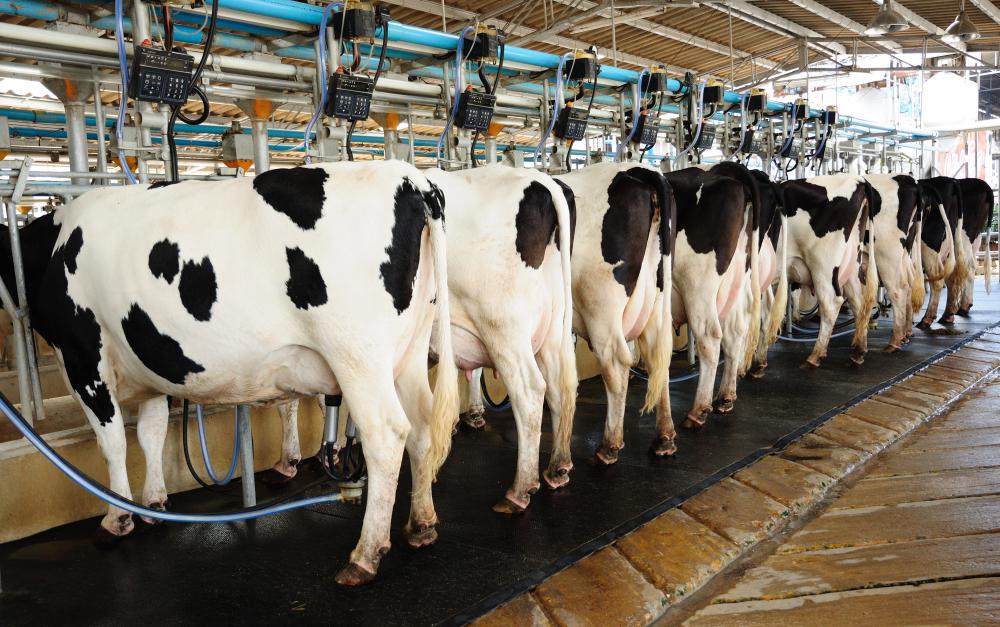Since
I was little by dad has always warned against pasteurization. Well I've always
wondered, is it really bad for you? Where’s the scientific evidence and what’s
actually done in pasteurization? So I decided to do a little digging and find
out for myself.
First,
for those of you who aren't aware, I'll establish what pasteurization is.
Pasteurization
is the process of heating milk (there's some other products they do it to too)
to about 145ºF to 150ºF for 30 minutes and then lowering the temperature by
only about 55ºF. This process was invented by Louis
Pasteur in 1864. It was created with the intention of using it on beer and
wine in an effort to increase the shelf life.
What the CDC
and the FDA
claim about pasteurization is…
1.
Pasteurization
kills bacteria claimed to cause illnesses in children such as: tuberculosis,
typhoid, and diphtheria.
2.
Pasteurization doesn’t
get rid of any nutrients that aren’t replaced by other aspects of the American
diet.
3.
Pasteurization doesn’t
kill the enzyme lactase, it does kill enzymes, just not ones pertinent to the
American diet.
4.
Pasteurization doesn’t
encourage lactose intolerance
Ok so let’s break down their argument…
According to Foodborne
Pathogens and Disease “Several documented milk borne disease outbreaks
occurred from 2000-2008 and were traced back to consumption of raw
unpasteurized milk” and in retrospect a much smaller number of cases were
traced back to pasteurized milk. So the CDC and the FDA’s argument that
unpasteurized milk has the potential to cause disease is not false. Ok so let’s
say that the first part of their argument is true.
The second part of
their argument is a little more off. This should sound fishy considering that the
CDC and FDA aren’t denying that pasteurization gets rid of important nutrients.
Though they are claiming that the nutrients lost are easily replaced in the
American diet, but really who eats what the FDA claims to be healthy? We’re going
to disagree with their second point.
As to their arguments
third part, it’s up in the air. There are not solid sources stating that there
is or is not a significant amount of lactase in raw milk. The enzyme is
contained in raw milk and the CDC acknowledges that pasteurization kills
enzymes in the milk, but they won’t tell us which ones pasteurization kills.
The fifth part of their
argument is closely tied to the fourth. It’s possible that pasteurization doesn’t
encourage lactose intolerance. Though how can we really know when there’s no
solid evidence that pasteurization doesn’t get rid of the enzyme lactase that
allows humans to digest lactose?
So as for this debate it’s
still undecided because neither side of the argument has provided sufficient evidence.




